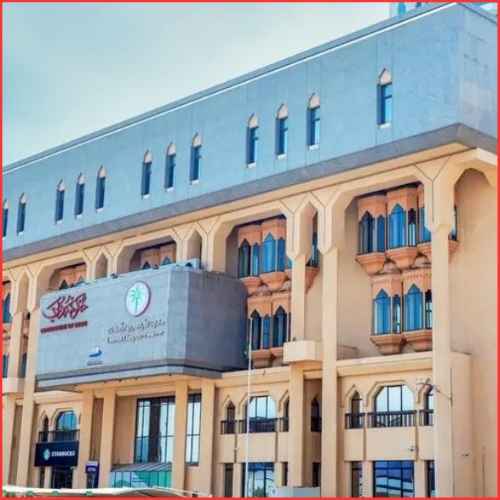Bikaji Foods was founded in Bikaner, a city known for its traditional snack bhujia, in 1986 by Shiv Ratan Agarwal. Bikaji’s revenue from operations, said its DRHP, grew 30 percent to Rs 1,611 crore for fiscal 2022 against Rs 1,311 crore for fiscal 2021
Confectionary and savouries company Bikaji Foods is set to launch its initial public offering on November 3 to raise around Rs 900 crore. The company’s offer for sales comprises 29.37 million shares by its existing shareholders and promoters and has set its price band at Rs 285 to Rs 300 per equity share.
Founded in 1986 by Shiv Ratan Agarwal, who traces his lineage back to Gangabishan Agarwal, the founder of the Haldiram brand, the company today claims to be the third largest ethnic snack company in India.
According to its draft red herring prospectus (DRHP), in fiscal 2022, Bikaji Foods was the largest manufacturer of Bikaneri bhujia with an annual production of 29,380 tonnes, and the second largest manufacturer of handmade papad with an annual production capacity of 9,000 tonnes.
Bikaji Foods was founded in Bikaner, a city known for its traditional snack bhujia, in 1986 by Shiv Ratan Agarwal, as Shivdeep Food Products. Shiv Agarwal launched the Bikaji brand in 1993. The company started exporting its products to the United Arab Emirates in 1994 and Australia in 1996. In 2006, the company merged all its arms—Bikaji Foods, Shivdeep Food Products, Bikaji Marketing and Dipu’s Foods—under one umbrella entity.
Product range-:
The company’s product range includes six principal categories: bhujia, namkeen, packaged sweets, papad, western snacks as well as other snacks, which include gift packs (assorted), frozen food, mathri and cookies. According to its DRHP, in the three months to June 30, 2022, Bikaji Foods sold more than 300 products under the Bikaji brand.
Namkeen is the highest-selling category for Bikaji Foods followed by bhujia, sweets, papad and others contributing to 35.6 percent, 34.9 percent, 12.7 percent, 6.7 percent and 10 percent, respectively, to total sales in FY22, said its DRHP.
The company houses seven manufacturing facilities, four in Bikaner, one in Guwahati, one in Muzaffarpur (Bihar) and one in Tumakuru (Karnataka) held through its subsidiary Petunt Food Processors.
The company under its distribution network has six depots, 38 super stockists, 416 direct and 1,956 indirect distributors that work with the super stockists across 23 states and four Union territories. Rajasthan, Assam and Bihar are its core markets.
Financials-:
Bikaji’s revenue from operations, said its DRHP, grew 30 percent to Rs 1,611 crore for fiscal 2022 against Rs 1,311 crore for fiscal 2021, primarily due to an increase in the sale of food products and an increase in volume and realisation of products, in particular, bhujia, namkeen, papad, western snacks and packaged sweets, while its net profit stood at Rs 76 crore in FY22. For the three months ended June 30, 2022, revenue from operations stood at Rs 419.16 crore and net profit was Rs 15.70 crore.
According to the company, a significant part of its sales is drawn by family packs, which are stock keeping units (SKUs) priced above Rs 10. These packs accounted for 54-60 percent of Bikaji Foods’ sales from FY20-FY22.
Competition
Bikaji Foods competes with Haldiram’s, the market leader in the traditional namkeen and snacks market in India. The owners of Haldiram’s are also relatives of the promoters of Bikaji Foods. Bikanerwala Foods, Balaji Wafers, Prataap Snacks, DFM Foods, Pepsi, and ITC are other competing players in this segment.
Currently, the namkeen and ethnic snacks market is valued at Rs 11,400 crore and is expected to witness a growth of 16 percent over the next four-five years, said the DRHP.















